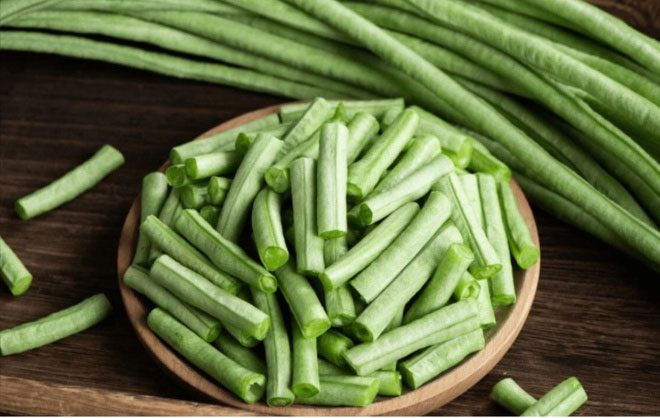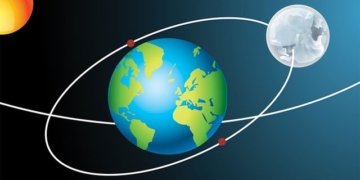Winged bean is one of the most popular seasonal vegetables during the summer. It is not only delicious but also rich in nutritional value.
Winged bean is a food that is very high in protein, vitamin C, vitamin K, vitamin A, cellulose, potassium, magnesium, and iron. This food is rich in fiber, which helps promote digestive activity and prevent constipation.
Additionally, winged bean contains vitamin C, a powerful antioxidant that boosts the immune system and slows down the aging process.
Here are some foods that should not be combined with winged bean:

Winged bean is not only delicious but also rich in nutritional value. (Photo: Sohu).
Vinegar
When consumed together, winged bean and vinegar can easily lead to bloating and diarrhea. Additionally, winged bean contains a lot of vitamin C and carotene, and the acetic acid in vinegar can destroy the structure of these vitamins, reducing their nutritional value. The body cannot absorb carotene and vitamins, leading to nutrient imbalances.
Milk
Winged bean contains a substance called saponin, which, when combined with the protein in milk, forms a precipitate that affects digestion and absorption.
Furthermore, winged bean also contains alkaline protease, which can break down proteins in milk, making it difficult to digest and causing discomfort in the digestive system.
Potatoes
Oxalic acid in winged bean combines with starch in potatoes to form calcium oxalate. Calcium oxalate is not easily absorbed by the body and can easily form stones, putting a strain on the kidneys; long-term use can lead to kidney stones.
Cooling Fruits
Since winged bean is a food with neutral properties, combining it with cooling fruits such as watermelon and mangosteen can easily cause stomach discomfort, bloating, indigestion, and abdominal pain.



















































